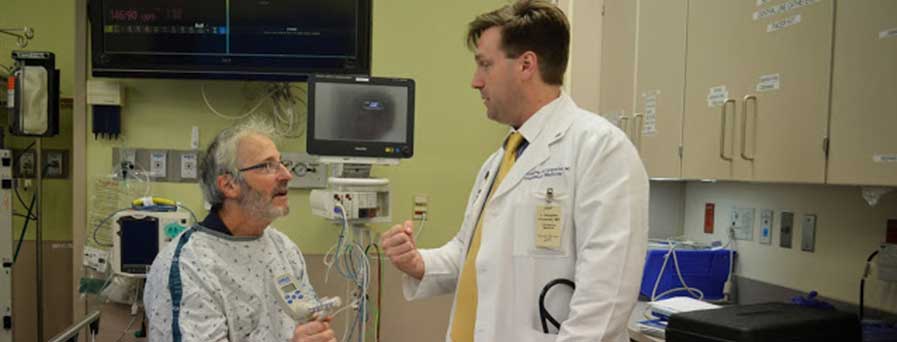Geri EM

Older adults are arriving in EDs worldwide at an ever-increasing pace leading some to refer to aging baby-boomers as a “demographic tsunami”. Several hundred EDs around the U.S. are already advertising themselves as “Geriatric EDs” (http://pmid.us/24628759) and policy-makers continue to seek provider-level solutions for these challenges (http://pmid.us/24301394). Although EM leaders in healthy aging and evidence-based approaches to geriatric emergencies have published high-yield research priorities (http://pmid.us/21498881 and http://pmid.us/21676064), core competencies for EM residents (http://pmid.us/20370765), quality indicators (http://pmid.us/19344452), and guidelines (http://pmid.us/24890806 and ) – all healthcare delivery is ultimately a local endeavor requiring communication, awareness, acceptance, and the ability to apply principles that facilitate “knowledge translation”. Accordingly, this regional symposium “” was developed to bring together key stakeholders engaged in the emergency care of an aging population. To attain optimal outcomes for older adults, a team-based approach is required so key stakeholders include emergency nurses/physicians, case managers, hospital administrators, home health, hospitalists, primary care providers, geriatricians, patient organizations like AARP and the Alzheimer’s Association, and patients themselves. We strongly encourage attendees to complete the six http://geri-em.com/ modules before the symposium on November 8th – residents will be awarded asynchronous learning credit and both nurses and physicians can earn free CME for completing each module. The symposium will occur November 8th from 8AM-12PM at St. Louis University Medical School. This website will be updated weekly with new interviews, thought-provoking challenges, key links, and updates to the agenda and symposium schedule as they occur. The symposium is free, so please come to share your ideas and concerns – and bring a friend! Questions or ideas for the symposium – please email Lisa Hayes at hayesli@wusm.wustl.edu.
Learn more about the upcoming GERI EM Event here
Don’t believe that the ACEP/SAEM/ENA/AGS Geriatric ED Guidelines apply to your department? Check out this GEMCast blog and podcast discussing simple interventions designed to improve the care of older adults in the busy emergency department.

Geriatric EM Importance? Listen to these perspectives from administrators, educators, and EMS leaders!
Interview with Mike Klevens, St. Luke’s Hospital (Chesterfield) ED Director
Interview with Craig Krausz (SLU EM Associate Program Director) and Jason Wagner (Wash U EM Program Director)
Interview with Don Melady, Canadian Association of Emergency Physicians Geriatric EM Interest Group and creator Geri-EM.com
Interview with Brian Froelke, Christian Northeast (St. Louis) EMS Medical Director
Interview with Derrick Lowery
Geriatric Emergency Medicine – In the News!
- Kaiser Health News (2016): Geriatric ERs Reduce Stress
- CNN (2016): Geriatric ERs Reduce Risks for Older Patients
- ACEP Now (2016): Senior-Friendly EDs Combine Care-Model Innovation with Local Adaptation
- CBC (2015 TV Interview): Check Up of Canadian Emergency Room’s Preparedness for an Aging Society
- ACEP Now (2015): Geriatric ED Boot Camp Offers Collaborative Onsight Educational Outreach
- ACEP Now (2014): Geriatric EM Training Valued as More Seniors Visit the ED
- ACEP Now (2014): New Guidelines Enhance Care Standards for Elderly Patients in the ED